Framework
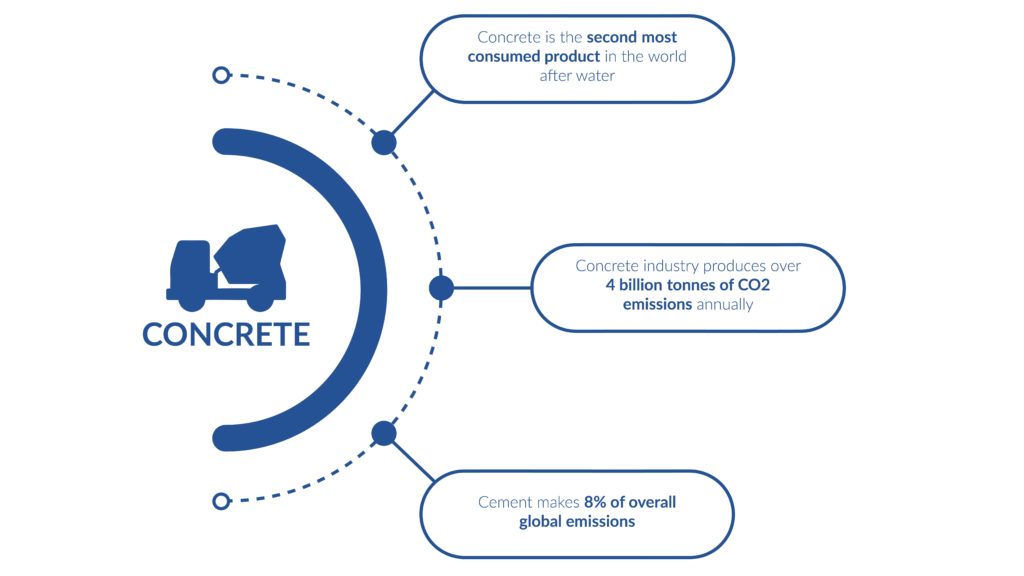
Properties of Concrete
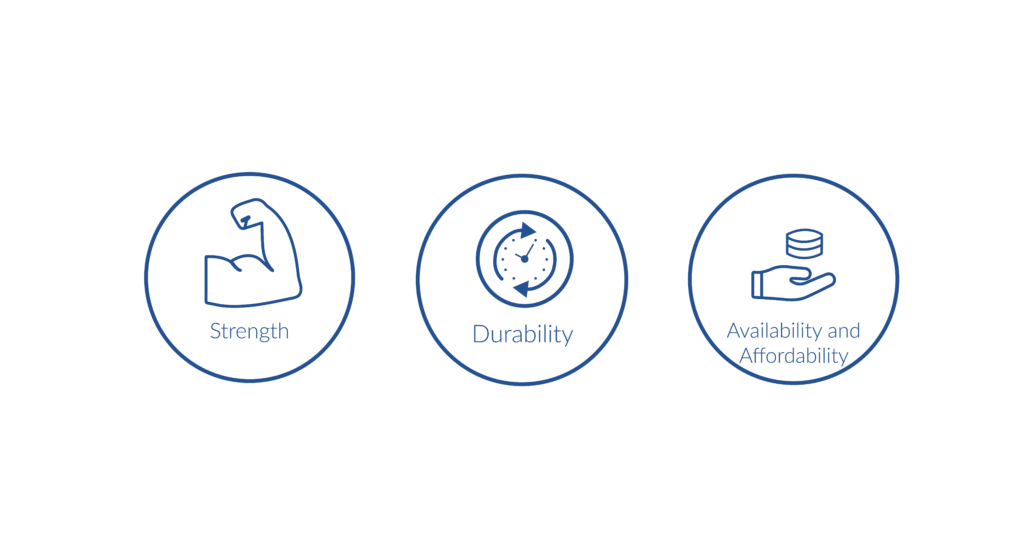
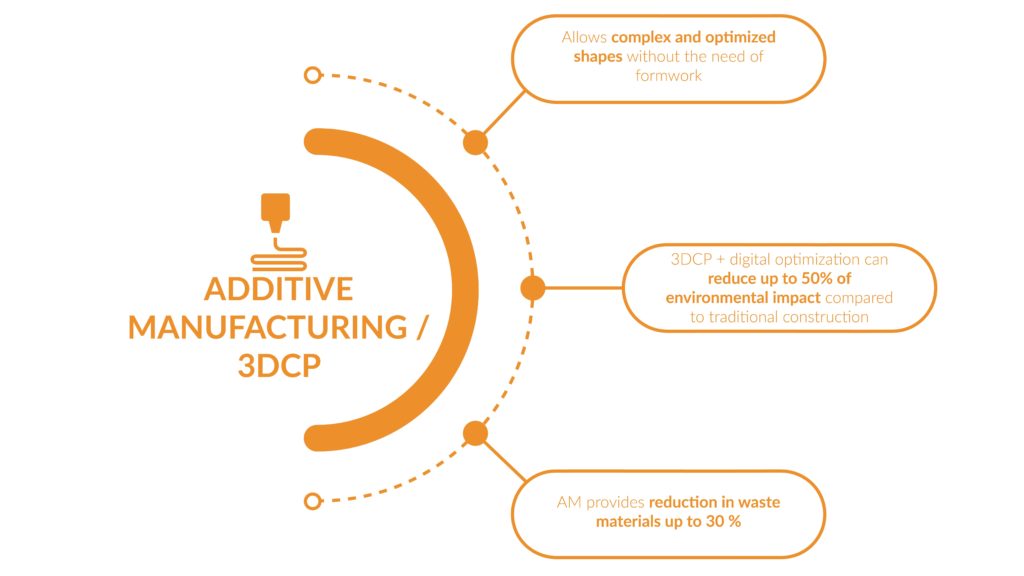
There needs to be a reduction in the amount of cement usage. But in order to make it sustainable there needs to be a change in the processes currently used, aiming the reduction of the CO2 emissions produced by the industry. With 3D printing and the help of computational tools, highly optimized buildings with performative capabilities can be achieved.
State of the Art
Freedom of Design (Small Scale)
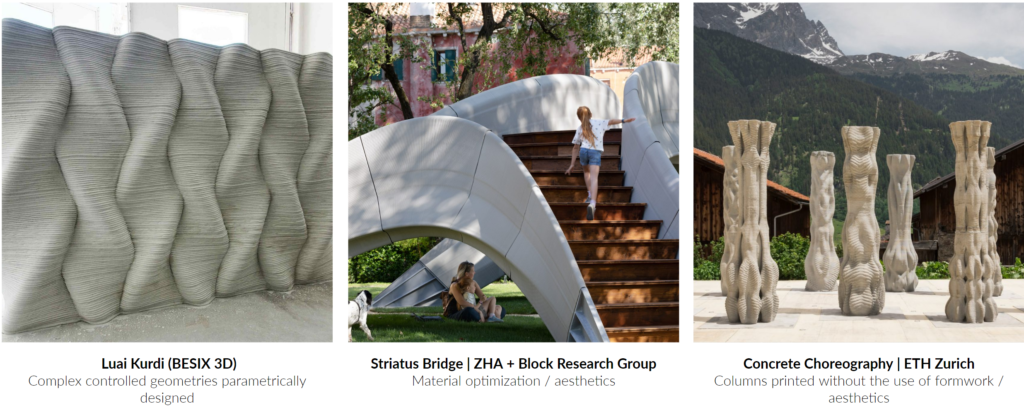
3D Printing (Large Scale)
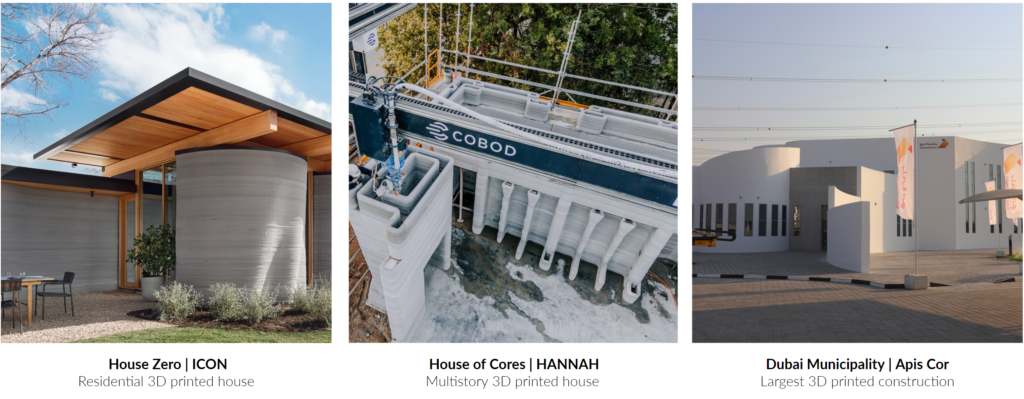
Environmental Performance (Traditional)
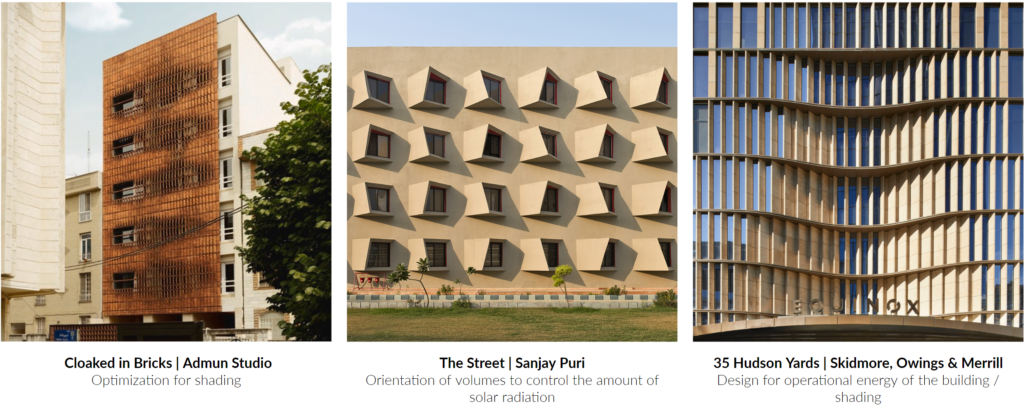
Environmental Performance (Printed)
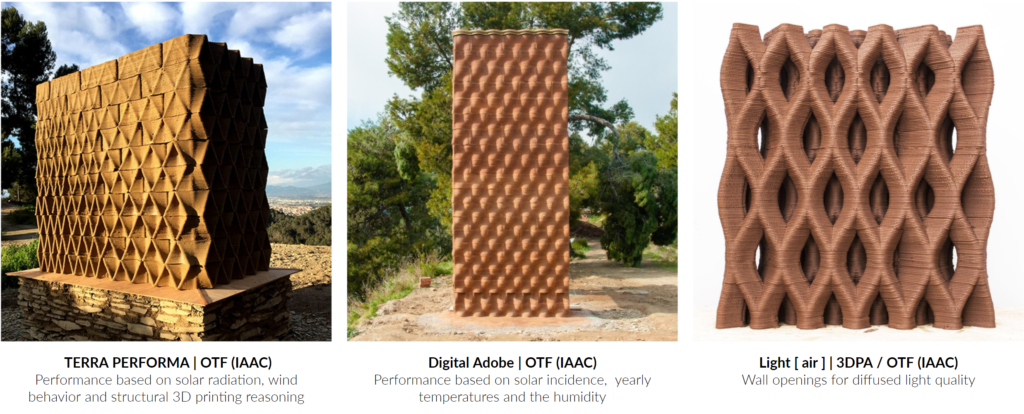
Performative aesthetics in 3D concrete printed architecture are not being fully explored. There is an opportunity in designing performative buildings using environmental data, optimizing parameters such as angle and size of openings, thickness and inclination of the walls, etc. and take advantage of the level of design freedom concrete can achieve and create a catalogue of design possibilities for different conditions, with which you only have to select and start printing optimizing time and material.
Environmental Analysis and Design
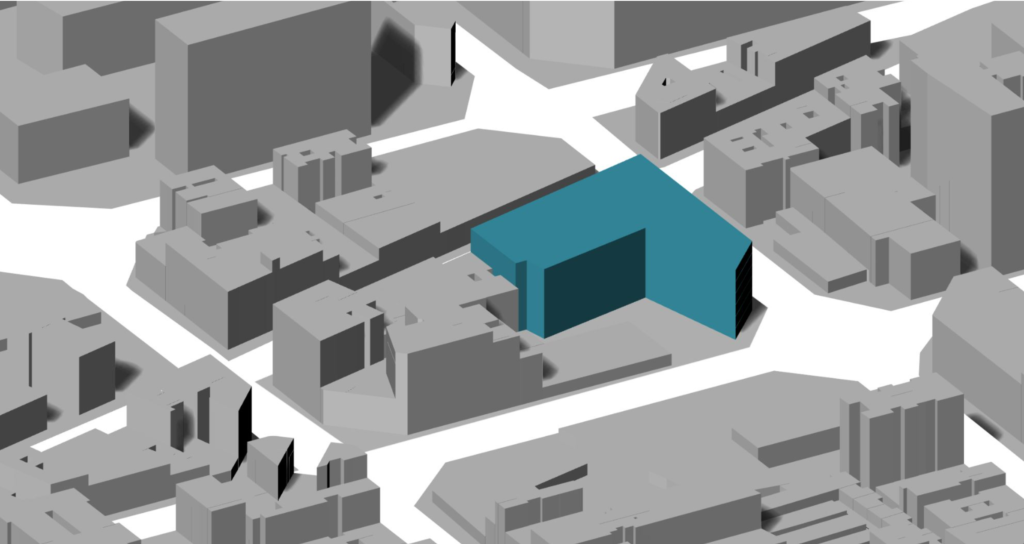
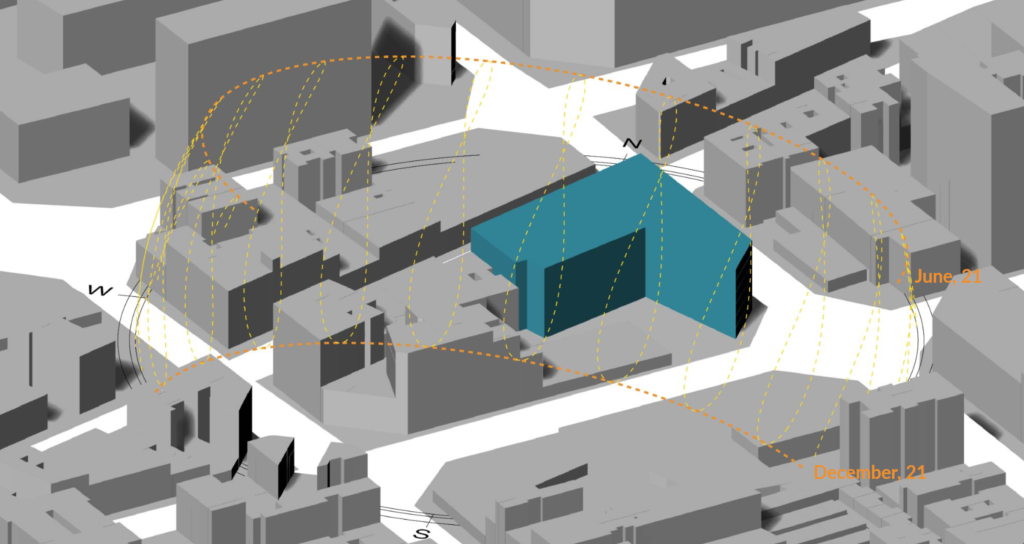
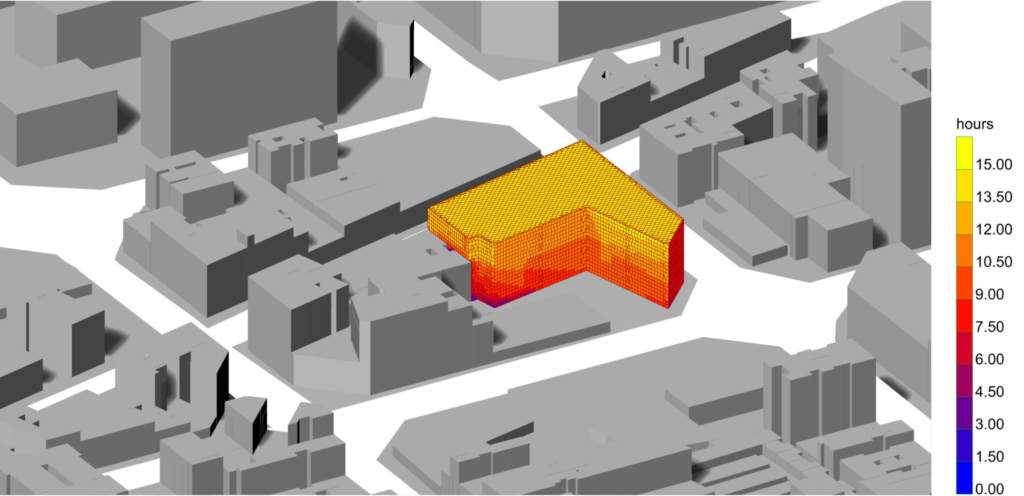
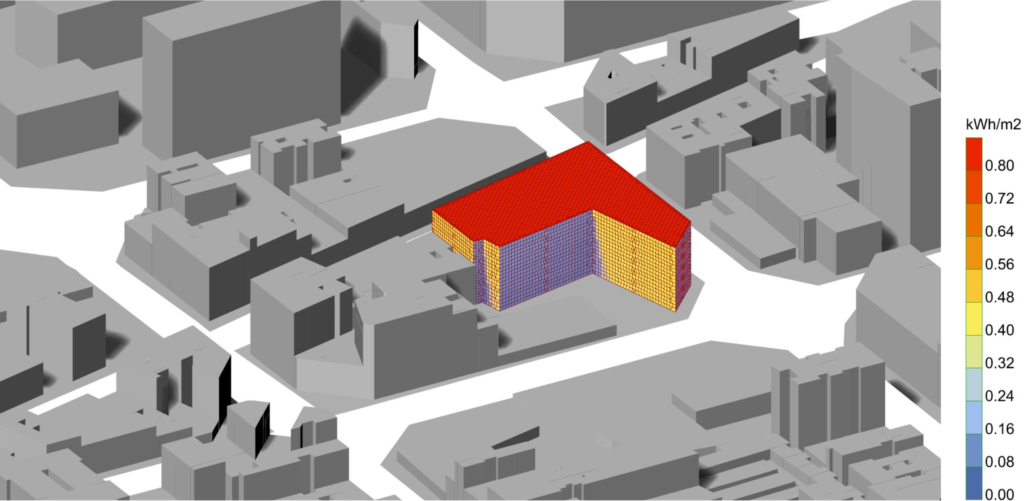
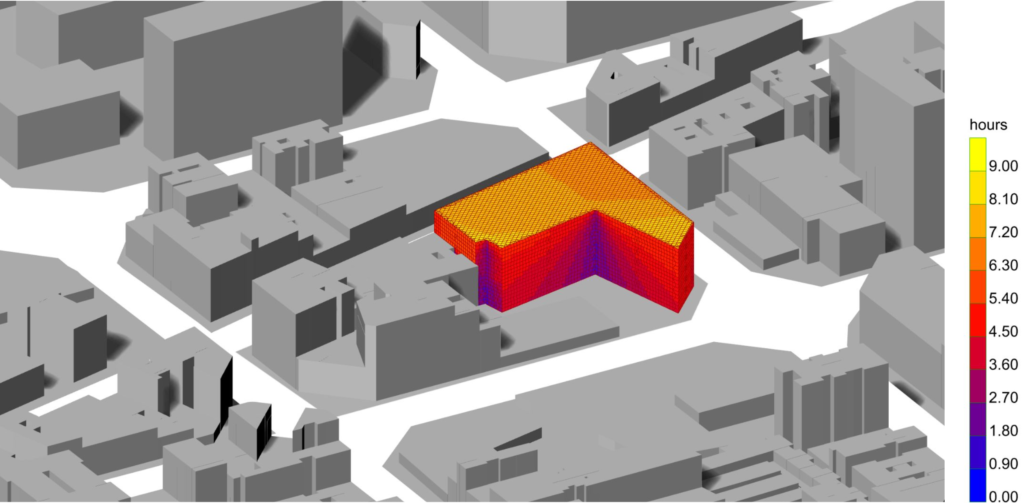
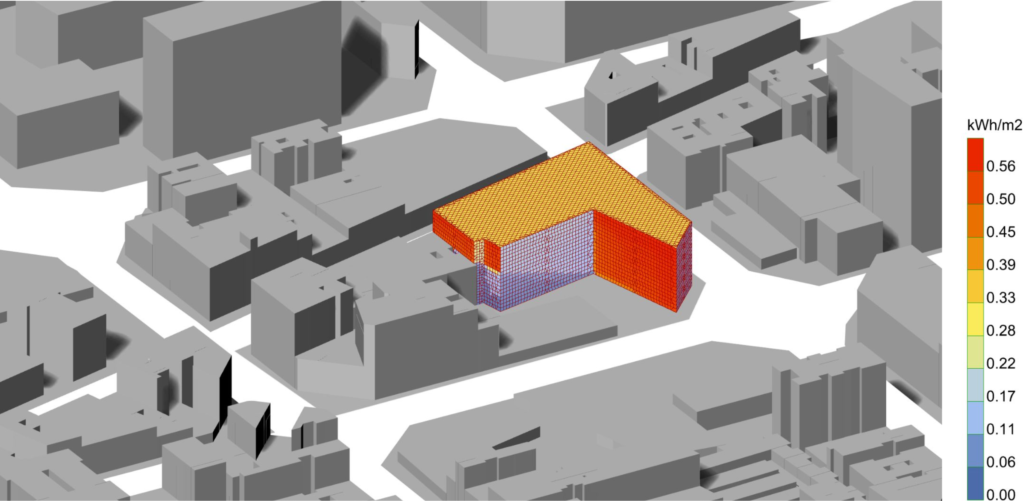
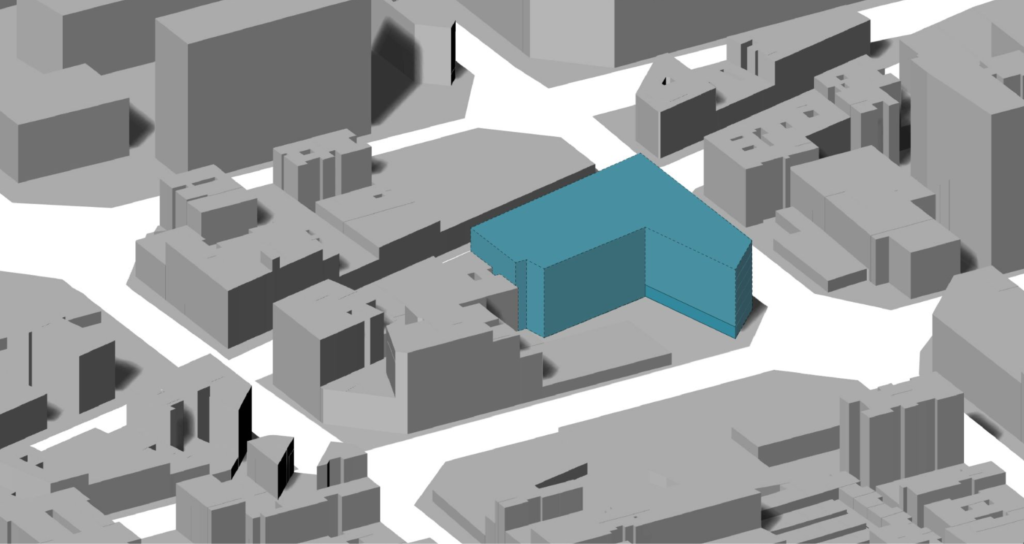
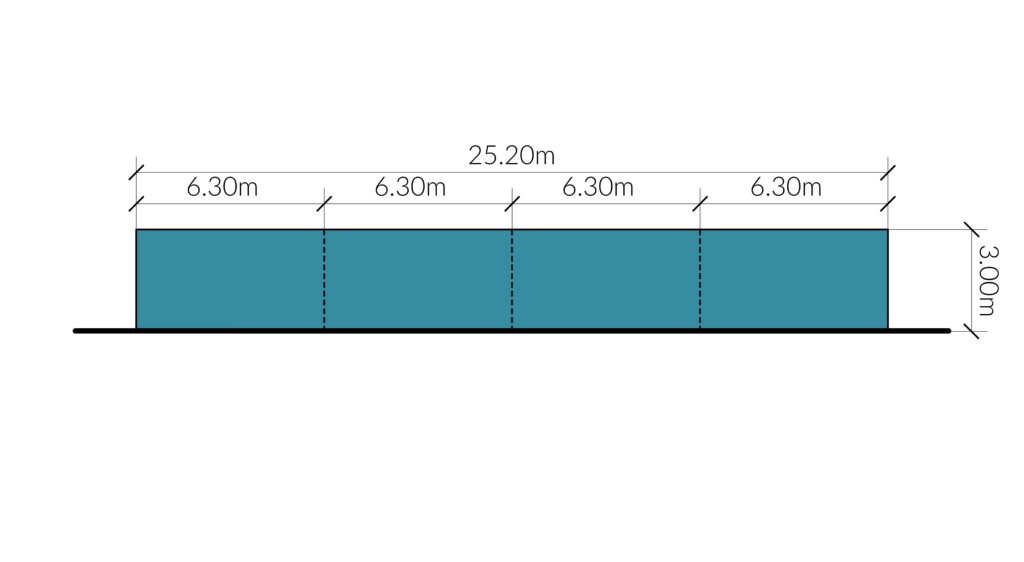
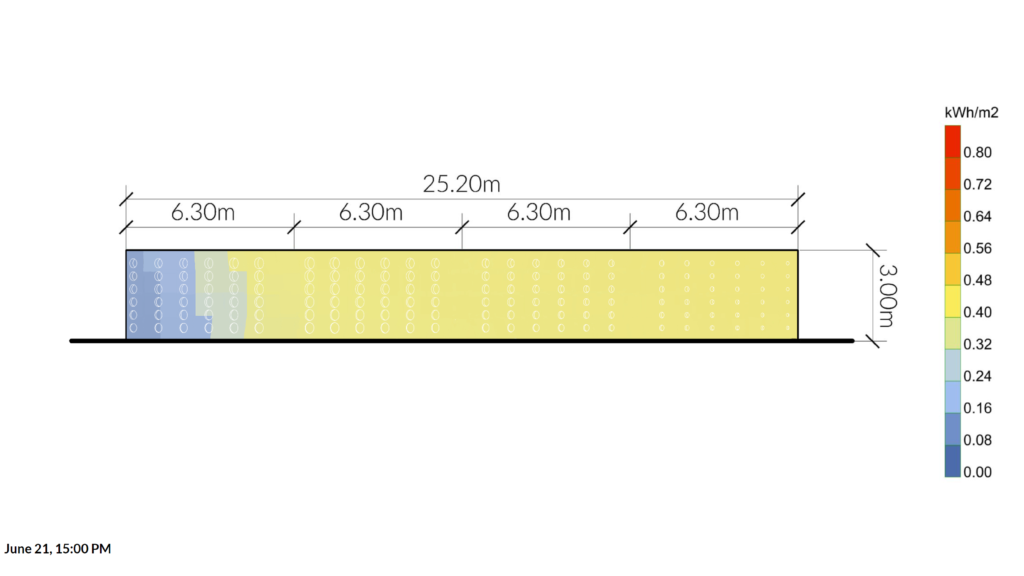
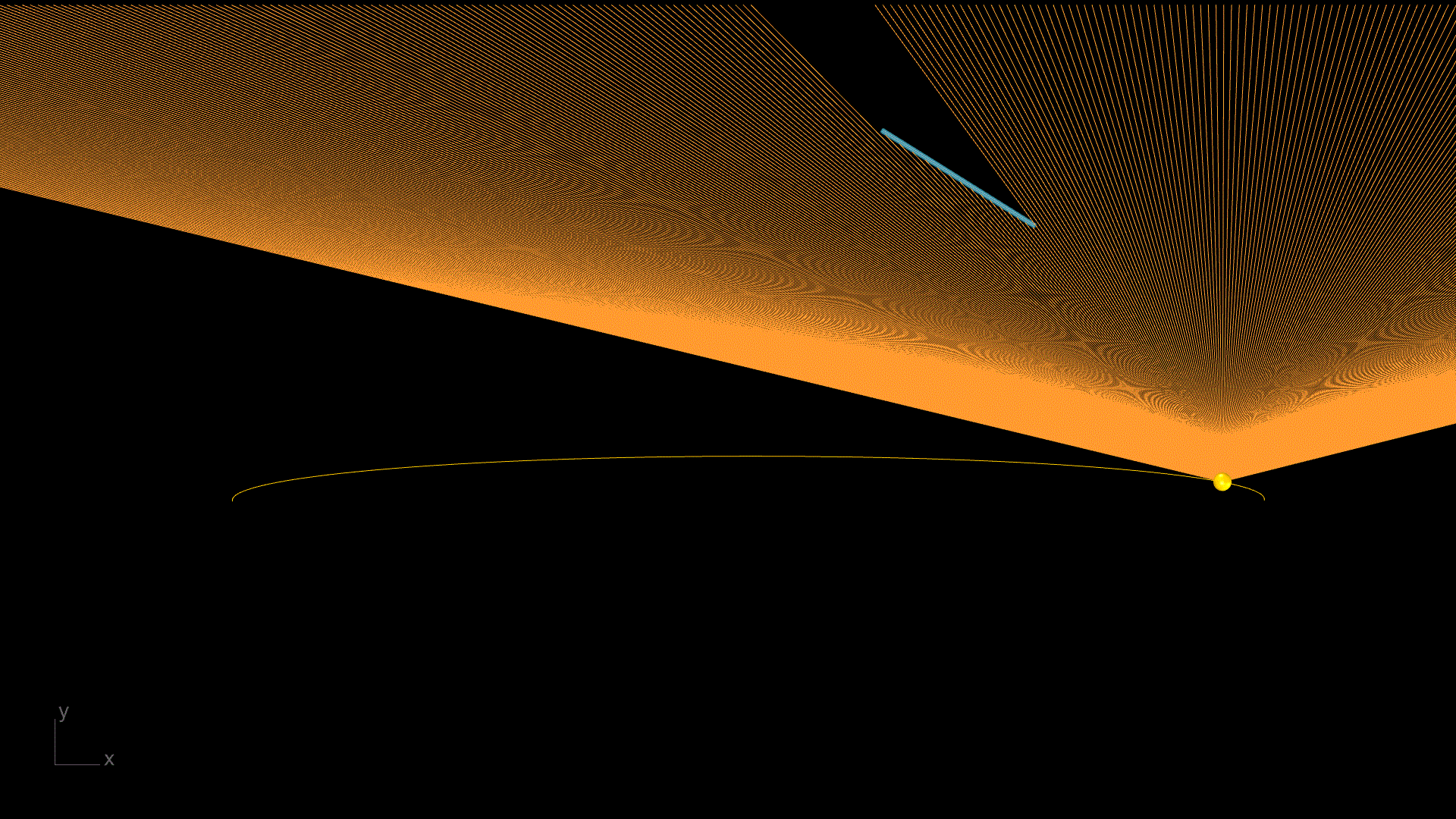
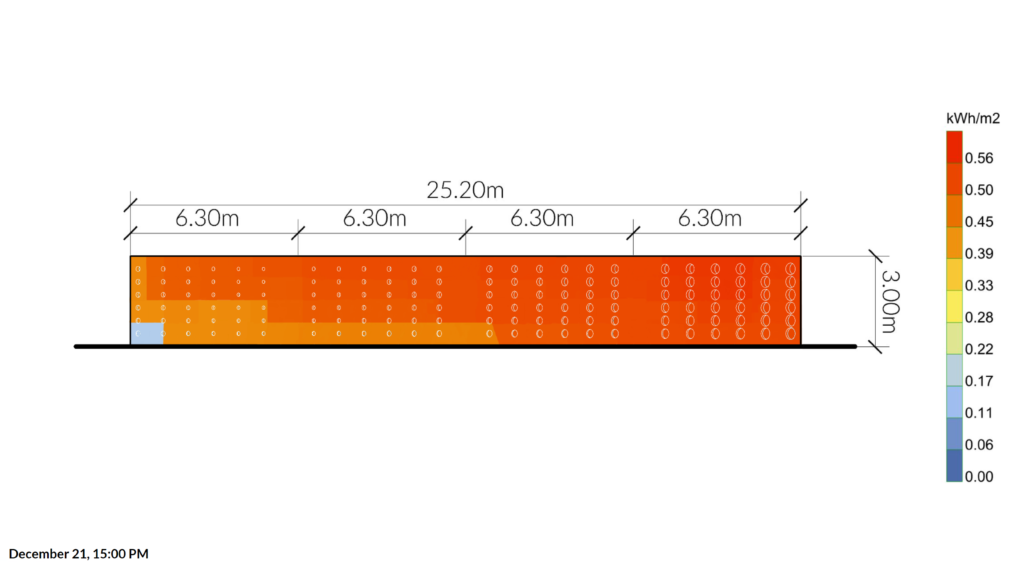
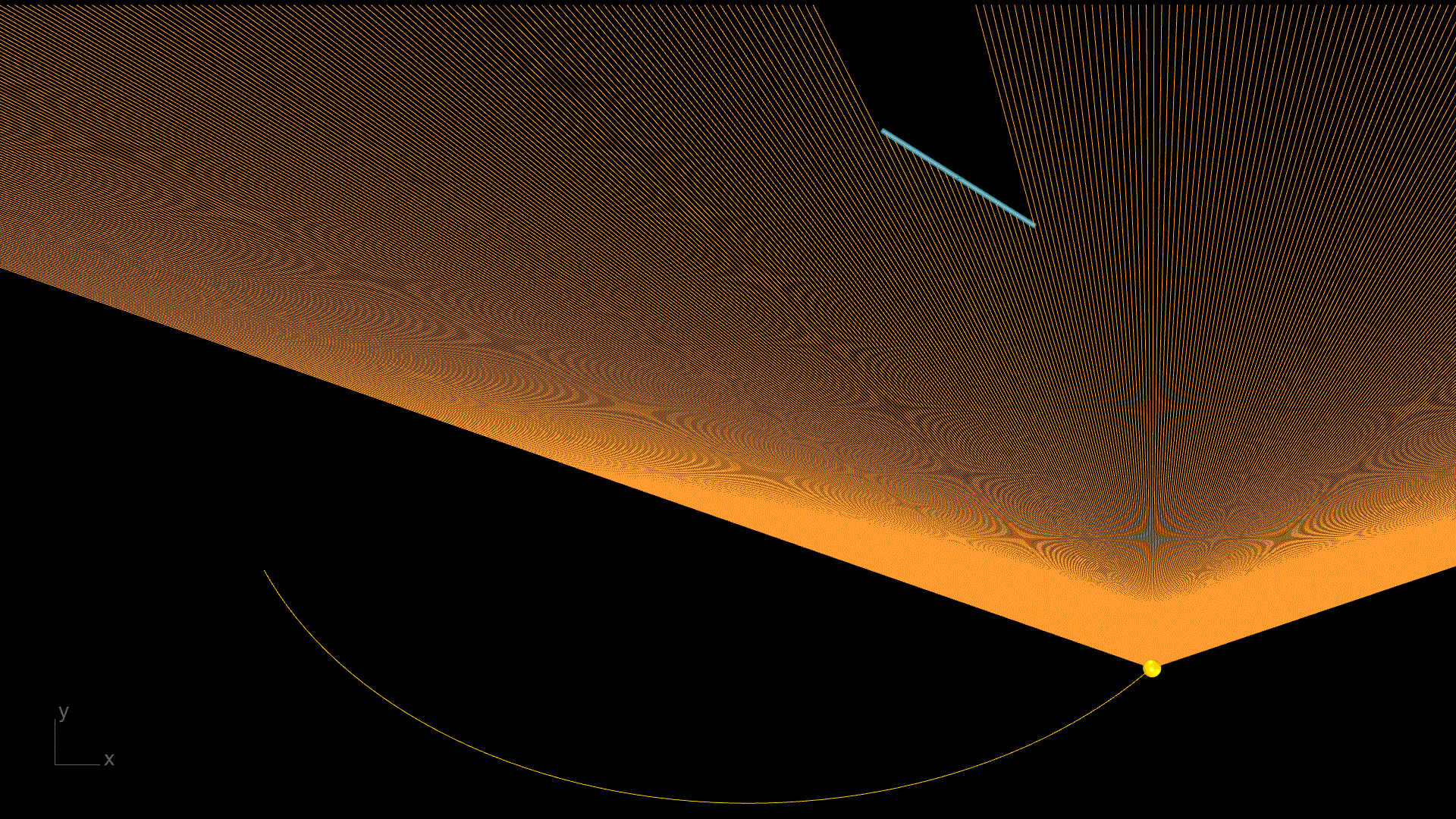
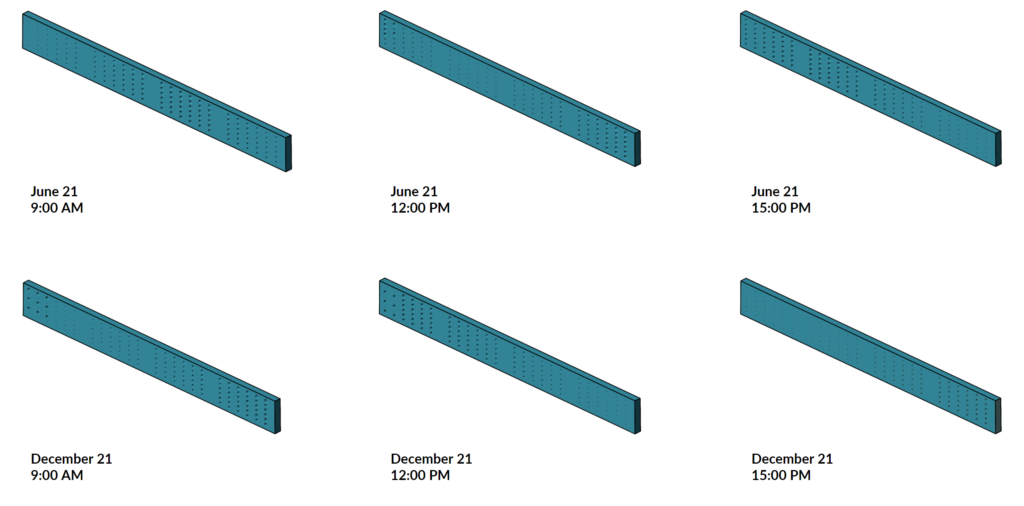
Light of Concrete is a project of IAAC, Institute for Advanced Architecture of Catalonia developed in the MAA02 2022/2023 by Student: Brian Woodtli and Faculty: Areti Markopoulou and Nikol Kirova

